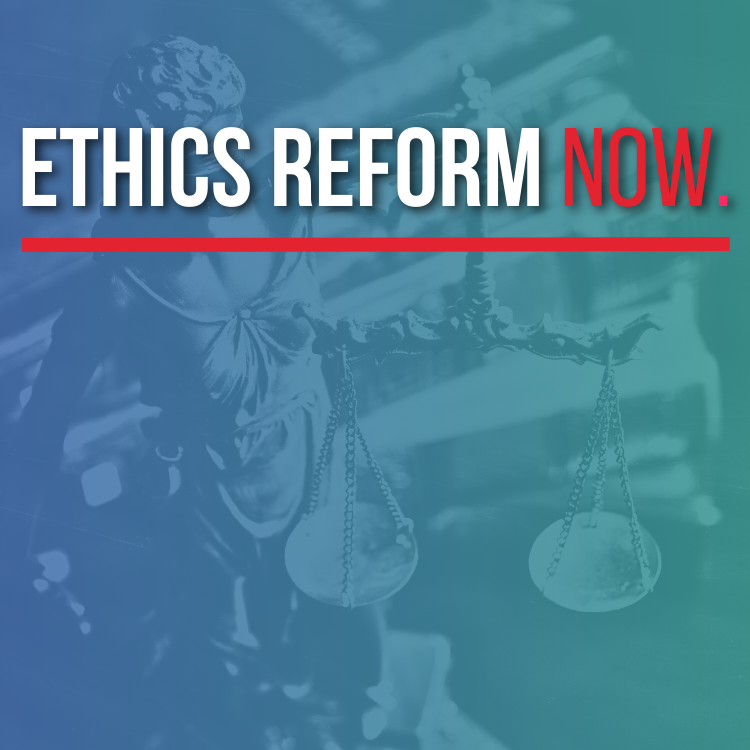

Take Action!
Fill Every Seat!
Join us in calling on the White House and Senate to fill every federal judicial vacancy.
We have a narrowing window in 2024 to fill every seat with judges
committed to equal justice.
Join us in urging the Biden administration and the Senate to capitalize on this available window to get as many judicial nominees confirmed as possible
before the end of the 118th Congress.

The Biden Administration has made historic progress
in nominating outstanding jurists who expand the diversity and legal backgrounds represented on the bench.

But with the pace of confirmations slowing and a narrowing window to catch up in 2024,
this current window of time presents a crucial opportunity to confirm judicial nominees and fill every seat with federal judges who will secure justice for all.

To fill every seat, the White House and the Senate must do their part.
The Biden administration must continue to nominate highly qualified and diverse candidates, and the Senate must prioritize confirmation proceedings for every nomination before the year is over.
Join us in calling on the White House and Senate to take action to Fill Every Seat!
Sign our petition to the White House and Senate asking them to
take immediate action on strengthening our federal courts.



